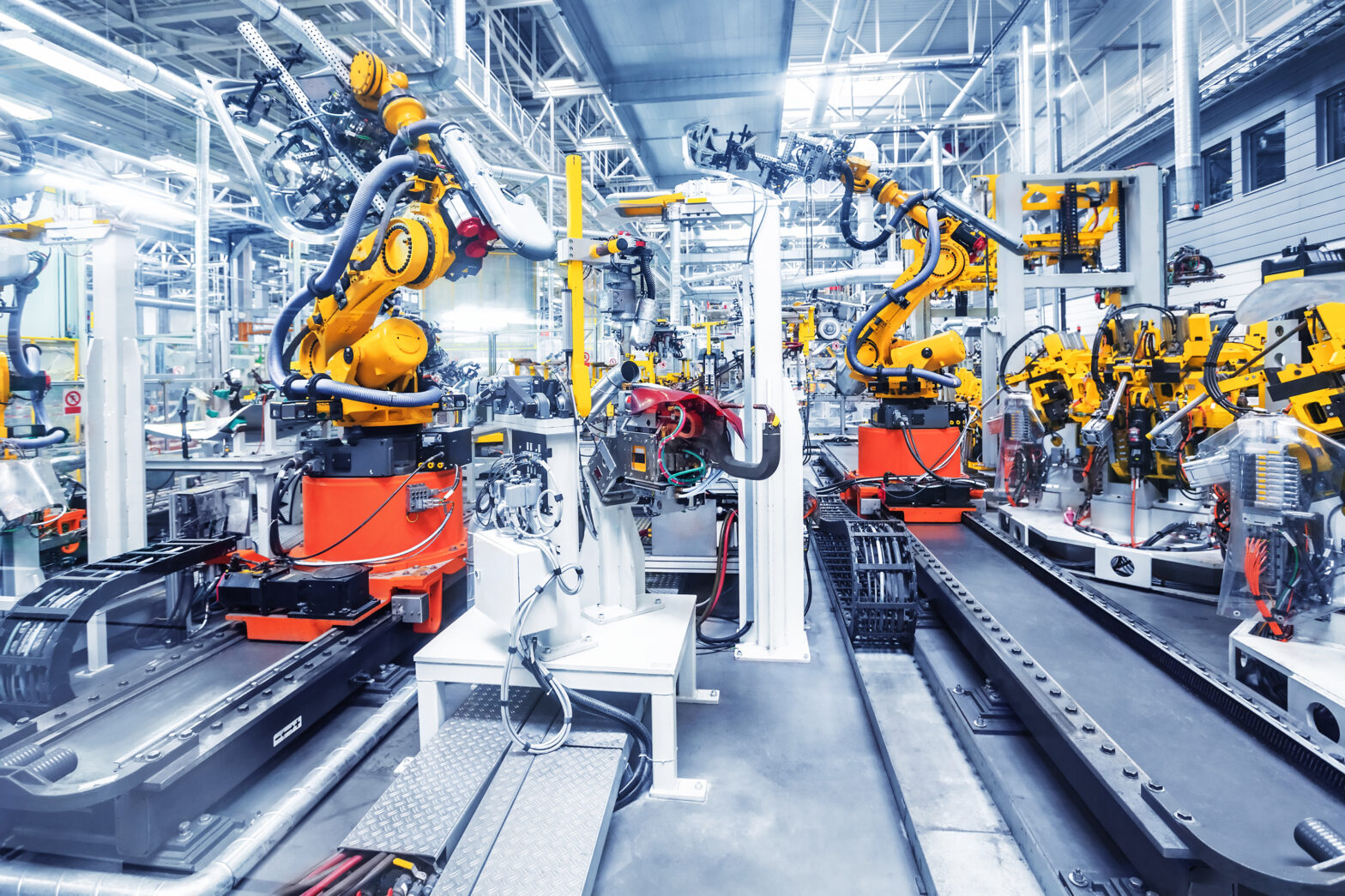A lot of the discussion around the Internet of Things and manufacturing has been focused on how it can streamline the manufacturing process and make it more efficient, while this is a compelling use case, the transformational power of the IoT is much greater.
The IoT is an integral part of the connected economy and in order to capitalise on the opportunity that it presents, manufacturers need to adapt and become service ecosystems.
This issue will be discussed at the Manufacturer’s Annual Leaders Conference by outlining the essential tools a manufacturer needs to fully embrace the IoT and produce attractive services.
McKinsey has estimated that the IoT could be worth $11 trillion annually by 2025.
Manufacturers should consider how they can move from creating products that are sold and forgotten, to creating things that provide meaningful data throughout their lifecycle.
For example, if an airline manufacturer installs its aircraft engines with sensors, and can ensure that data is processed quickly and analysed effectively, it then provides a service to the airline that enables any issues to be addressed swiftly by mechanics.
>See also: IoT and its data are challenging companies
The data produced is valuable not only to the manufacturer and its customer, but the manufacturer’s whole ecosystem.
For example, if a car manufacturer collects data from its product including performance information on the wheel bearings, which are produced by a supplier, the car manufacturer can share that data with its supplier.
This enables the manufacturer to pinpoint any performance issues and raise these directly with the supplier, and it also means the supplier can use the data to inform R&D. The data could also be of interest to other parties such as insurance companies.
The IoT extends the lifetime of the product.
For example, once a smart meter is connected to the internet, it can be upgraded remotely.
Not only does this save the manufacturer money, but it also reduces the product’s environmental footprint.
However, manufacturers can run into problems if the communications protocol, or the sim’s characteristics change, so it is important that the right ecosystem of partners is established in order to ensure the entire eco-system is able to support the deployed product from the cradle to the grave.
>See also: How the Internet of Things is changing business models
It’s clear that the IoT opportunity is huge, but the market is also incredibly complex.
There are a few key stages that a manufacturer needs to consider in order to provide a truly end-to-end IoT solution.
It starts with sensors, ensuring that the device has a sensor that can transmit data. Then, consideration needs to be given to the way that data will be transported, stored, enriched and monetised in a secure manner.
The next stage is that the manufacturer needs to think about how the data will be analysed and valuable insight extracted.
In the case of airplane engine data, this could be a question of how to gain insights into fuel consumption or the wear and tear of sub-components such a fuel pumps.
Finally, consideration needs to be given to how that information will be presented.
Data sets that require a PhD in computer science to interpret will not be of much use to an engineer that is keen to gain a real-time snapshot of fuel consumption.
Therefore, the data that the sensor produces must be easy to interpret.
>See also: Why manufacturers need to wake up to the Internet of Things
The manufacturer must ensure they have complete control over the IoT data transmission and interpretation through the entire device lifecycle, in order to provide real-time visibility into device performance and the ability to control costs through flexible alerts and alarms.
These capabilities result in greater operational efficiency, and higher levels of automation.
So, while navigating the IoT marketplace and reworking entire business models is no easy feat, those manufacturers that see IoT as more than a method to streamline factory operations could well reap the reward that this lucrative market offers.
Sourced by Mohsen Mohseninia, European VP at Aeris







